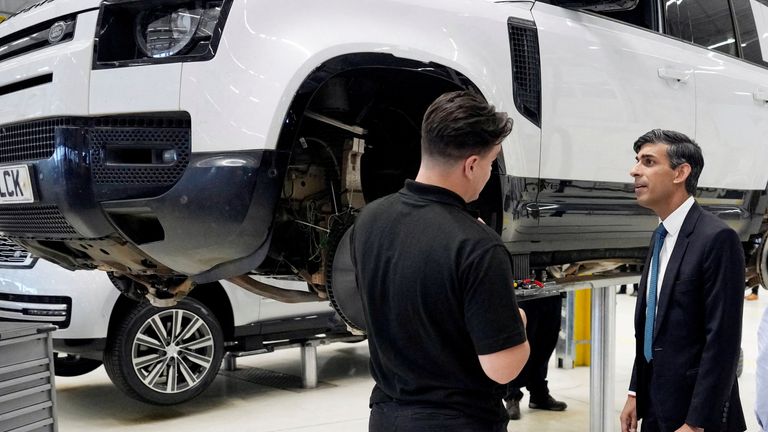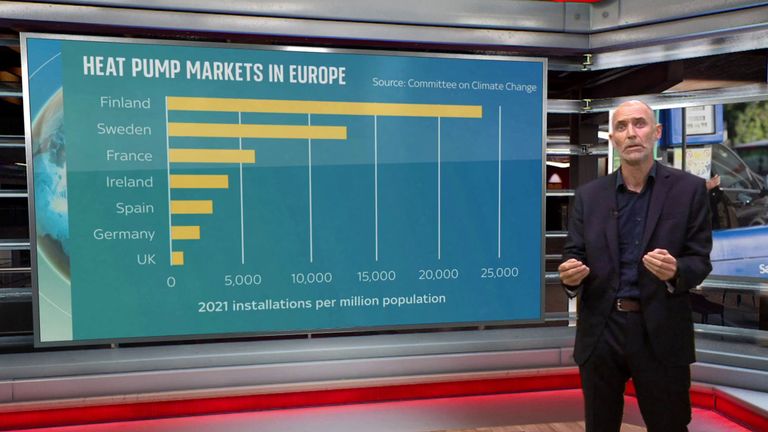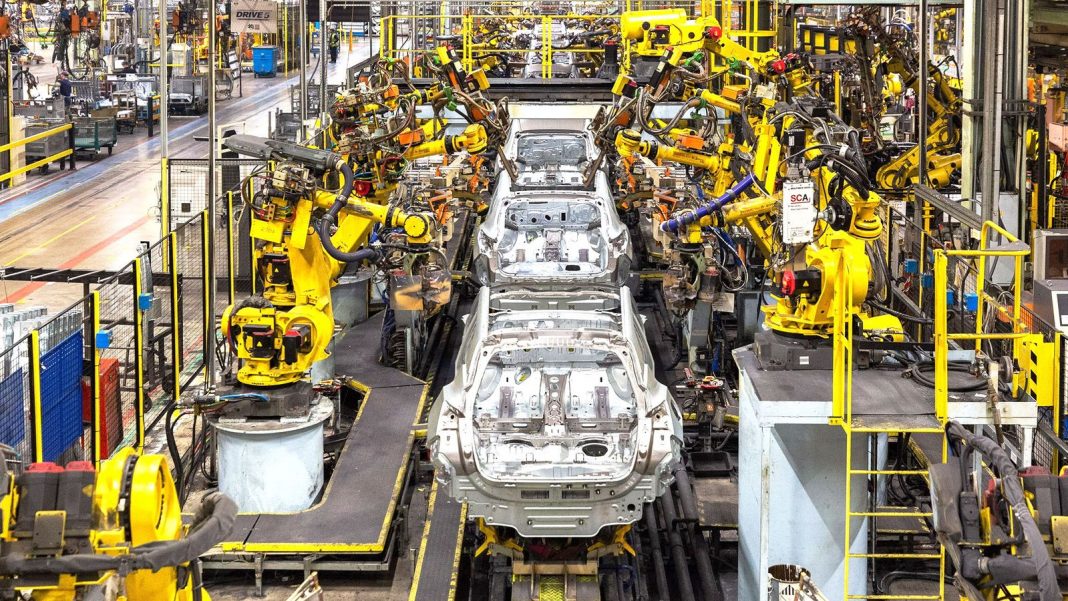Nissan has committed itself to the sale of only electric cars across Europe from 2030, the year when the UK was supposed to have banned new vehicles powered by petrol and diesel.
The Japanese carmaker also confirmed that all new models to be launched on the continent from now on would be fully electric.
Its commitment to 2030 brings Nissan into line with its French partner Renault and joins rivals including Volvo and Ford.
The company issued the statement less than a week after the UK government confirmed that it was to defer its ban on the sale of conventionally-powered cars until 2035.
Prime Minister Rishi Sunak said that while he remained committed to the battle against climate change, he had to protect “hard-pressed British families” from “unacceptable costs”.
The U-turn removed the UK’s leading role in the timing of the ban on new petrol and diesel cars and powered a backlash from industry groups, many of which complained of an own goal – that a lack of government support was a major factor.
The sector’s main lobby group declared the delay would only damage demand for electric cars in the short and medium term.
Please use Chrome browser for a more accessible video player

2:37
Industry anger at green changes
Makoto Uchida, Nissan’s chief executive, said in his statement: “There is no turning back now.
“Nissan will make the switch to full electric by 2030 in Europe – we believe it is the right thing to do for our business, our customers and for the planet.”
One of two new EV models it has already confirmed for Europe will be manufactured at its Sunderland plant.
Please use Chrome browser for a more accessible video player

3:04
Sunak ‘playing politics’ on climate?
There are 19 planned for launch by 2030.
The company has its own battery plant at the Sunderland site, giving it a competitive edge over rivals such as Jaguar Land Rover and Vauxhall’s owner Stellantis.
The latter warned earlier this year that the future of its Luton and Ellesmere Port operations was at risk due to Brexit trade rules, covering both UK and European operations, to ensure a level playing field.
It said 45% of the value of EVs should originate in the EU or UK from 2024 to qualify for trade without 10% tariffs being applied.
The government has confirmed dialogue on the issue with the European Union, as both sides’ carmakers struggle to meet the so-called rules of origin, largely due to high battery costs.
The vast majority are currently imported from China.
In the UK, Jaguar Land Rover, like Nissan, has secured government aid to support the production of electric car batteries at a gigafactory planned for Somerset.
Experts have warned battery capacity must grow if production is to accelerate, enabling the cost of EVs to come down.
This content is provided by Spreaker, which may be using cookies and other technologies.
To show you this content, we need your permission to use cookies.
You can use the buttons below to amend your preferences to enable Spreaker cookies or to allow those cookies just once.
You can change your settings at any time via the Privacy Options.
Unfortunately we have been unable to verify if you have consented to Spreaker cookies.
To view this content you can use the button below to allow Spreaker cookies for this session only.
Click to subscribe to the Sky News Daily wherever you get your podcasts
Colin Walker, head of transport at the Energy and Climate Intelligence Unit, said: “Nissan’s decision is based on a clear understanding that the European and UK markets are shifting to EVs, and shifting fast.
“Fundamentally they are cleaner and cheaper to own and run, so will bring down the cost of driving for motorists.
Read more:
Tesla signals more price cuts ahead
Revealed: How much ‘electric households’ are saving on bills
“As the transition to EVs moves forward, companies will be making decisions on where to build the EVs of the future, and where to build the battery factories and other elements of the supply chain that are needed to make it all happen.
“One of the things these companies will be looking for is stable government policy, something that the UK has not provided in recent days with its U-turn on the petrol and diesel phase-out date.”







